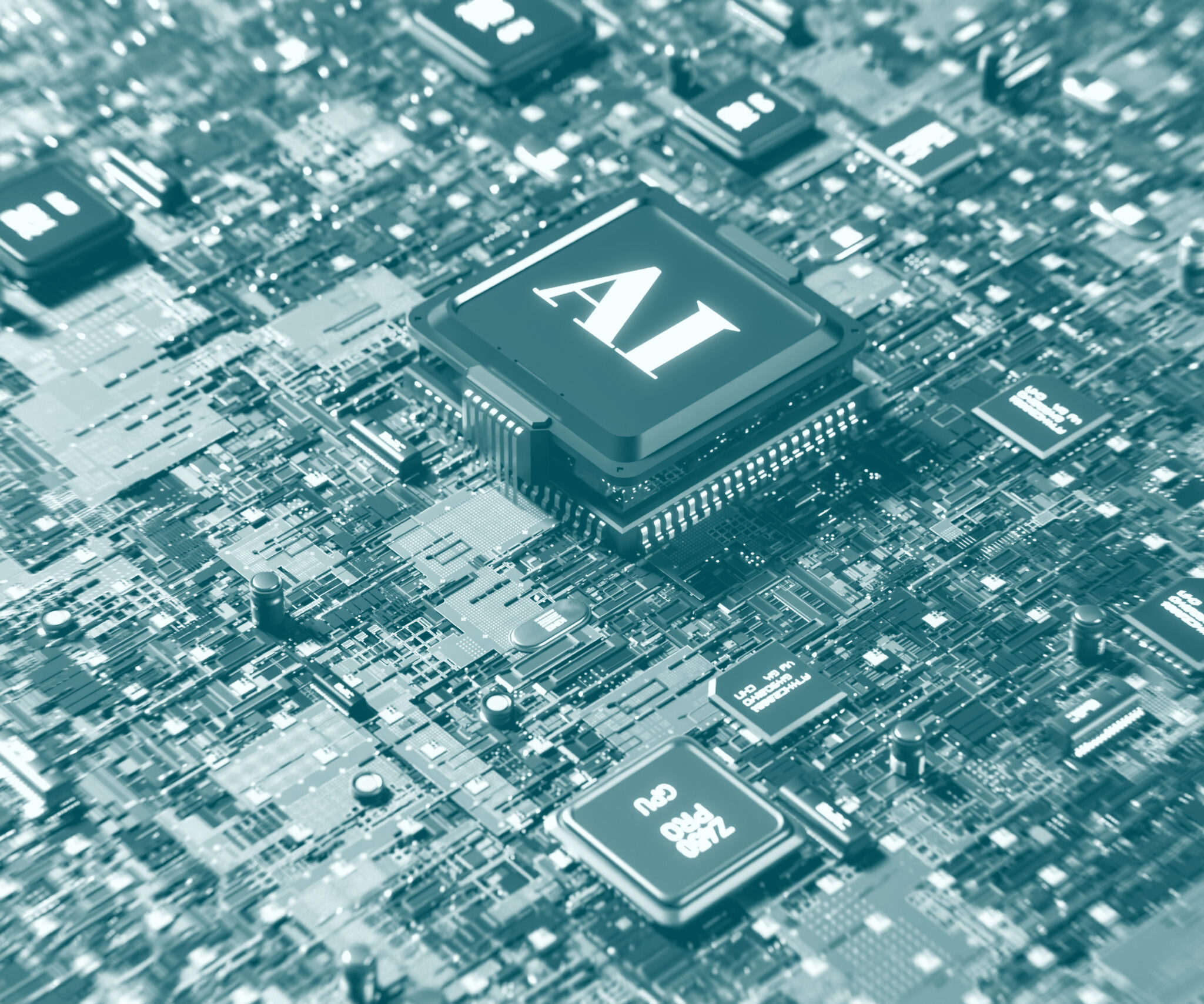Will AI Replace Writers? We Don’t Think So.

In the years since their debut, machine learning platforms like ChatGPT and DALL-E have already made a demonstrable impact on several industries and are changing the way a variety of jobs are being performed, including the work of marketing copywriters, editors and creative directors.
One of the most contentious questions among those working in fields such as media, marketing and advertising is “Will generative artificial intelligence (AI) replace writers and other creatives in the coming years?”
Generative AI algorithms like ChatGPT (generative pretrained transformer) and DALL-E work by pulling material from existing websites to generate content, including text, audio, code, images and videos by automating search functionality, summarizing ideas and piecing together cogent sentences.
But while tools like ChatGPT might be able to spit out a well-organized outline, some simple landing page copy or a surface-level listicle, it doesn’t have the capacity to explore more complex topics with the level of depth and nuance that professional human writers bring to their work.
Generative AI lacks the very qualities that help the best writers excel at crafting high-level marketing content — qualities such as empathy, creativity, intuition, cultural context and critical thought.
If you’re a business owner considering using generative AI tools to create marketing content, consider the benefits of using seasoned copywriters who can get to know your business and your customers intimately to craft quality content that resonates with readers — as well as the potential limitations of using AI-generated content in your marketing strategy.
4 Qualities of Human Writers AI Can’t Replace
1. Client Collaboration and Support
It may seem obvious, but generative AI won’t ever be able to provide the level of collaboration, client service and personalized support a human writer brings to the process of creating high-quality content.
Professional marketing writers tend to work closely with their clients from ideation and content strategy through production, publishing and optimization. They engage in iterative conversations regarding target audience, tone, format, word choice, style and more to create an authentic narrative voice that resonates with readers and generates a desired outcome. They also often interview subject matter experts for quotes and information and fact-check across a variety of sources to ensure a high level of quality and accuracy.
AI currently lacks the human intuition and emotional intelligence required to understand the many nuances of an individual client’s needs and create content tailored to their specific objectives. AI is also limited in its ability to generate truly fresh, creative ideas in real time based on client feedback — something human writers have typically mastered. In the realm of marketing, the personal touch and client support of a skilled copywriter remain essential and irreplaceable.
2. Empathy for the Reader
One of the keys to writing effective marketing content is empathy — being able to step into the shoes of your audience to understand their needs, desires, questions, fears and hopes and craft content that speaks to them directly. It’s not enough to simply string together some coherent sentences — those sentences need to speak to your specific readers and drive them to take action.
Your marketing copy plays a key role in establishing an emotional connection with your readers, and AI simply can’t replicate a copywriter’s ability to establish empathy with an audience. Human writers can pull from their own personal experiences and emotions to craft a nuanced, emotionally resonant marketing message that drives connections with their readers.
On the other hand, studies have repeatedly shown that existing AI technology is highly limited in its ability to understand human emotions — even if that algorithm is specifically engineered to do so. If your goal is to establish a compelling connection with your audience, AI can’t replace the human element.
3. Critical Thinking and Creativity
The best marketing writers are those who think both critically and creatively, skillfully switching between authorial voices to serve a variety of clients and tailor a compelling message to a specific audience with precision and depth. They serve not only as a mouthpiece for your business but as critical thinkers who contribute to the development of ideas, synthesizing complex topics into cohesive narratives your readers can understand. Their creativity infuses originality and nuance into their content, distinguishing it amidst a crowded digital landscape.
AI, however, is limited in its capacity to think critically on a human level and to generate truly original and groundbreaking ideas. Because it essentially recycles existing ideas and information from the web, AI-generated content can only mimic human thinking without the intuition, spontaneity and unconventional thinking involved in true human creativity. While creative, human-generated content breaks through the noise, AI-generated content merely adds to it.
4. Understanding Cultural Context
Another important part of connecting with your readers is understanding the societal and cultural context in which they live to craft messages that authentically resonate with their experiences. The best human writers come with a deep awareness of these social dynamics and infuse into their work a level of cultural fluency that resonates within specific target communities. Using their lived experiences, research skills, ability to empathize with other humans and an ongoing engagement with cultural dynamics and current events, they align their marketing content accordingly to keep up with the conversation and remain relevant.
AI, however, can’t keep up with the ever-changing dynamics of human culture and lacks the required level of cultural awareness and adaptive intuition to tailor generative content to specific contexts. Without this context, machine learning algorithms often inadvertently produce content that feels out of touch or, worse, culturally insensitive.
So, will AI replace writers? While generative AI tools continue to evolve as powerful tools for automation, ideation, organization and efficiency, their current limitations prove they still don’t come close to matching the skills, knowledge and abilities of a professional copywriter in crafting your marketing message. Their inherent qualities of collaboration, adaptability, empathy, creativity and critical thought make professional human writers an irreplaceable part of your content creation team.


